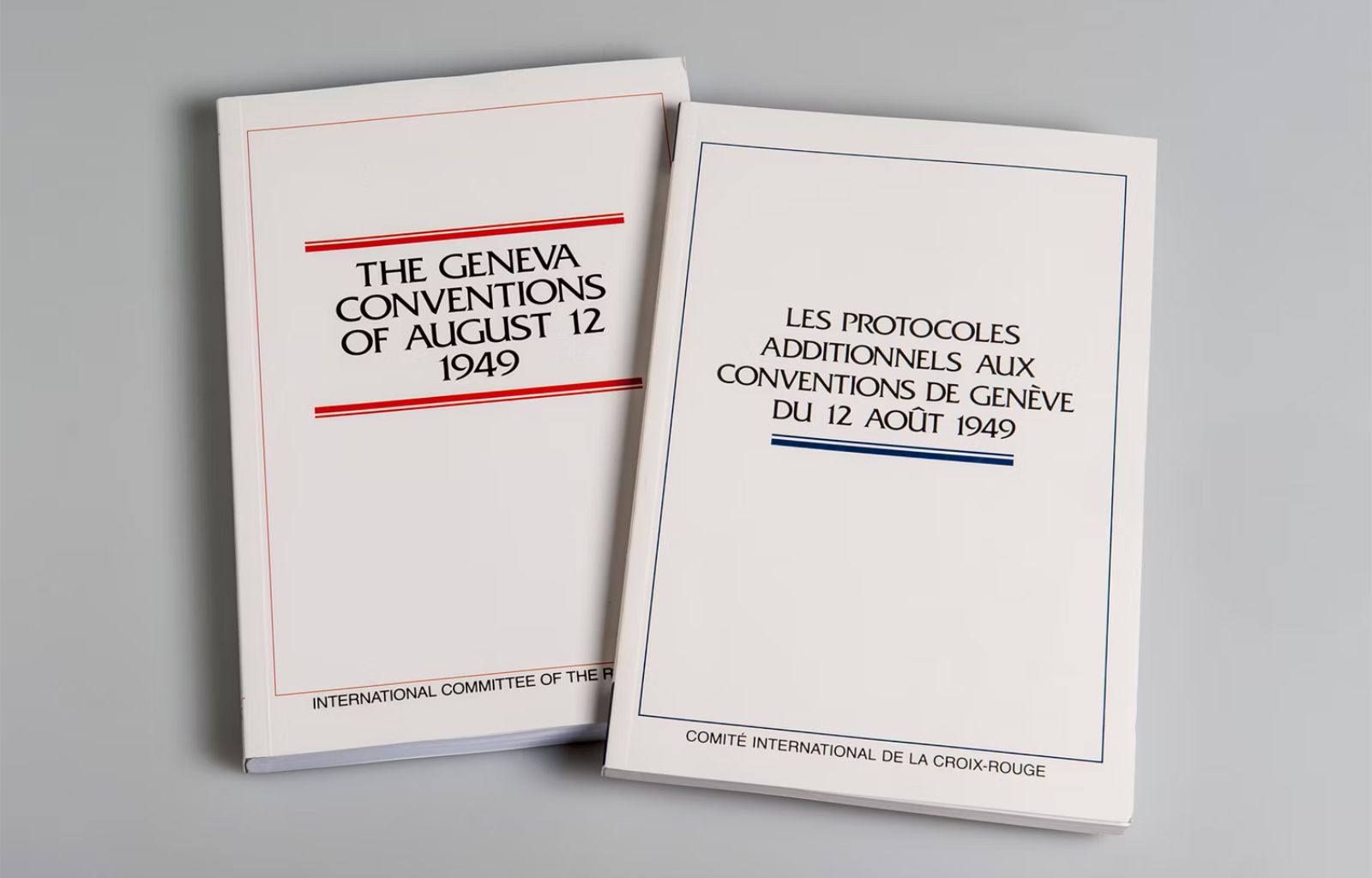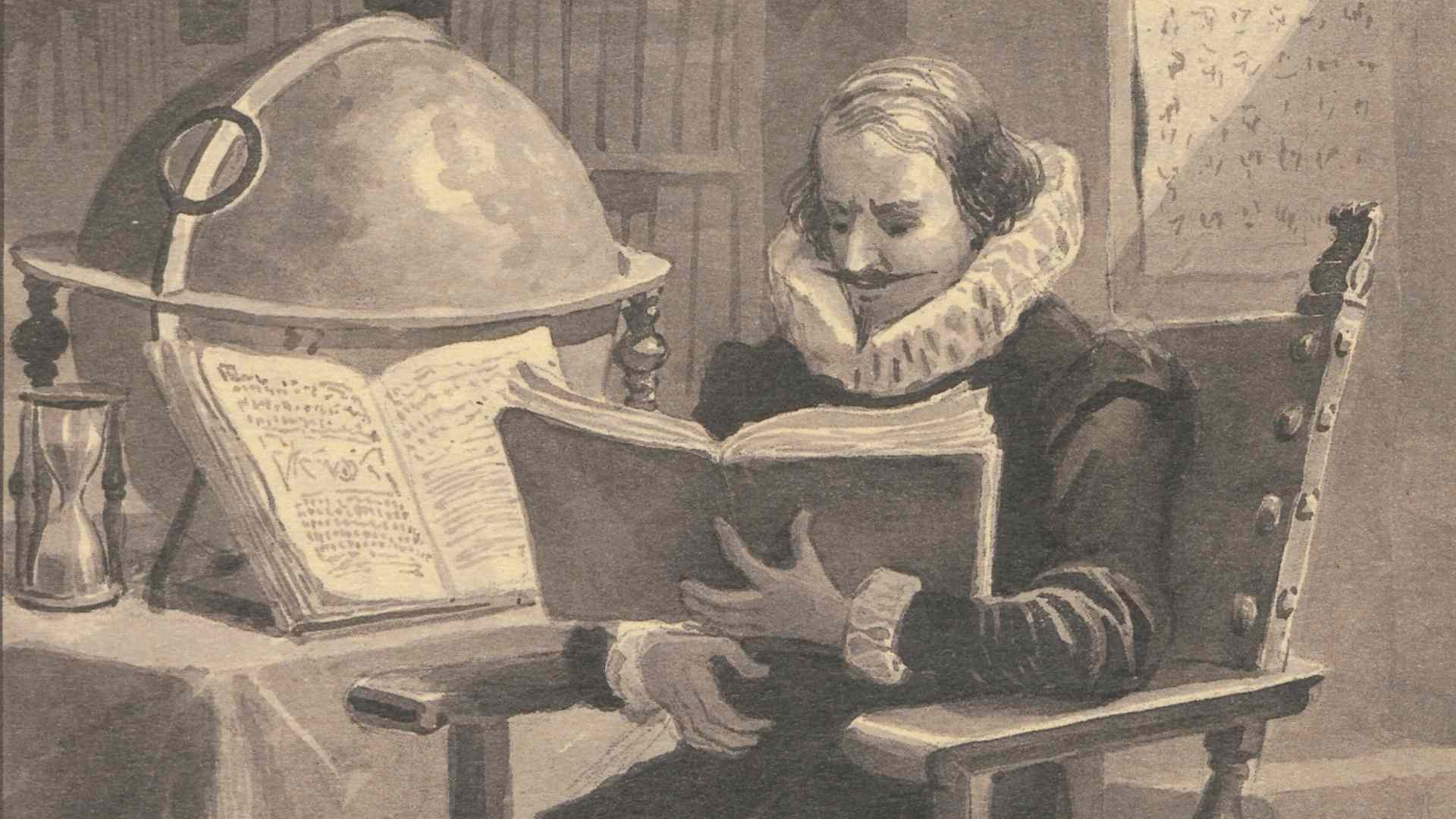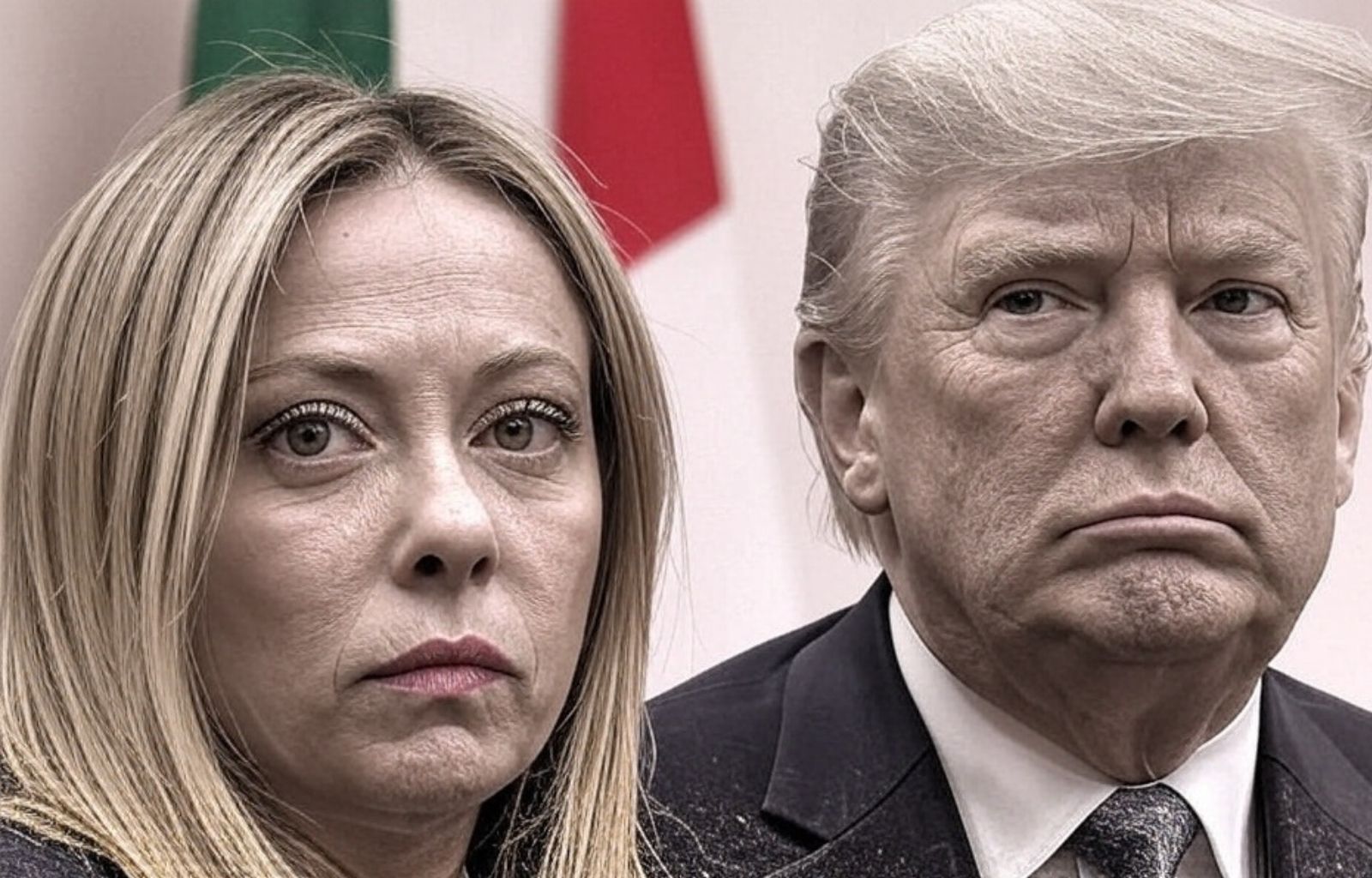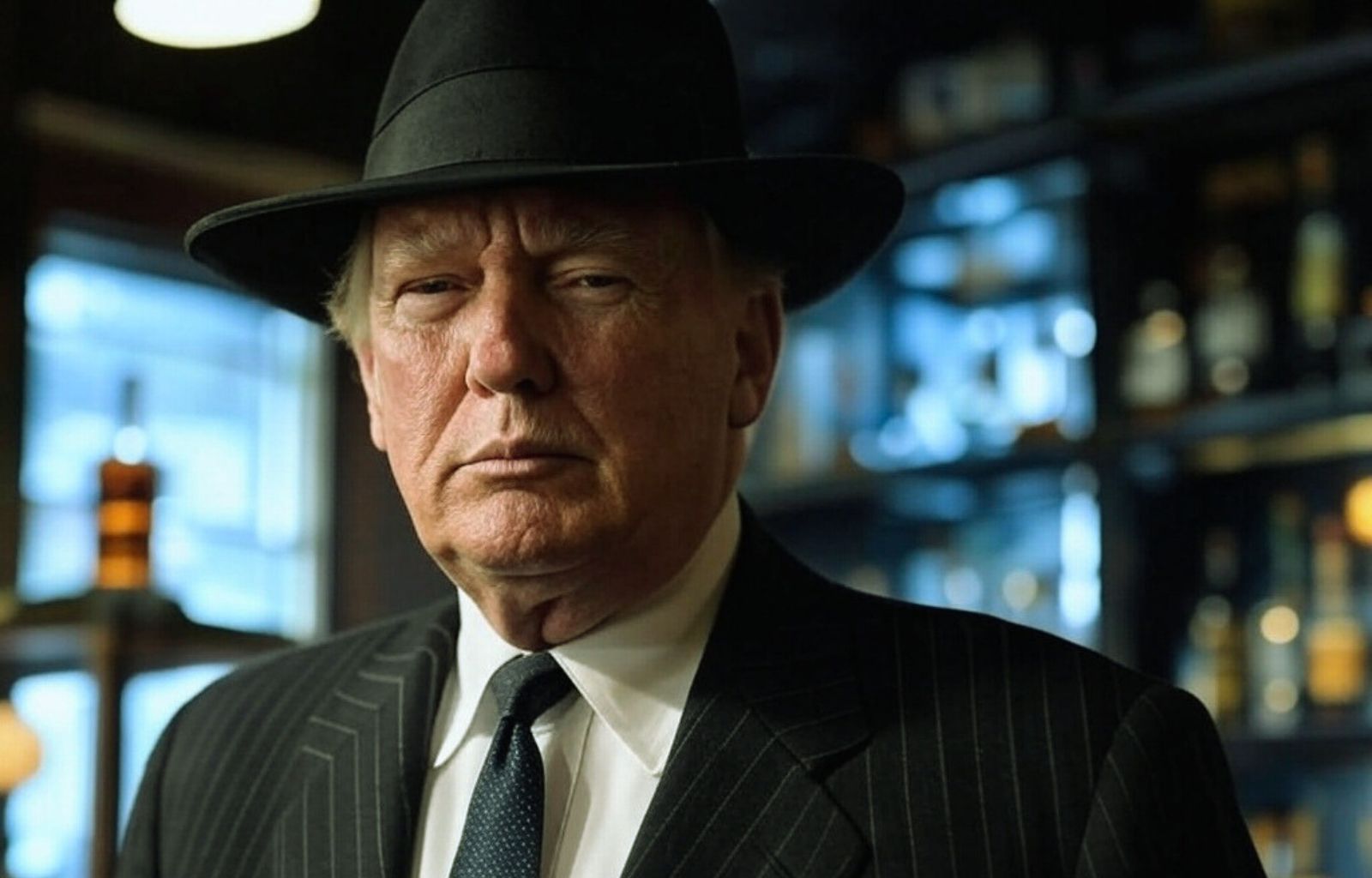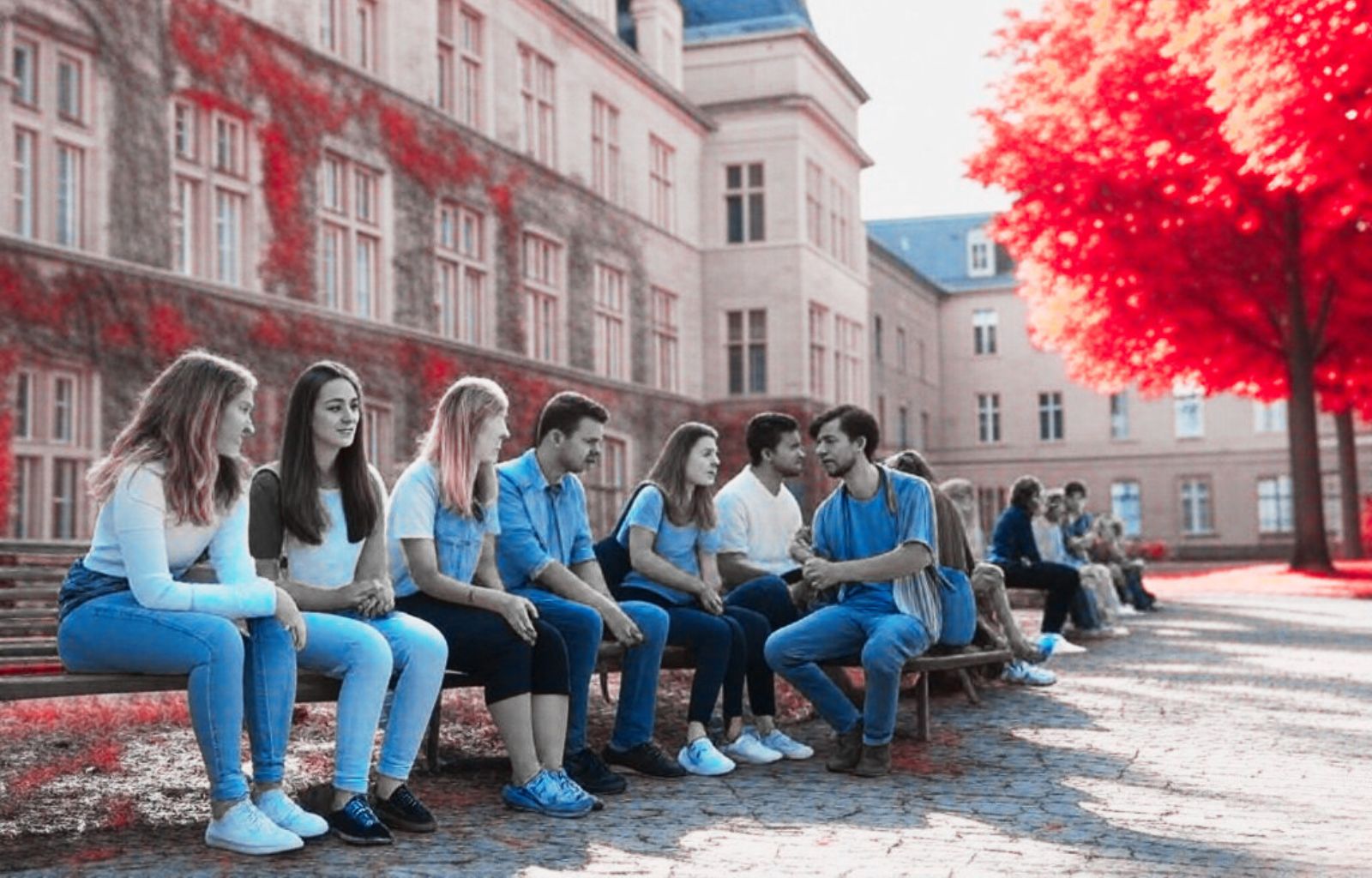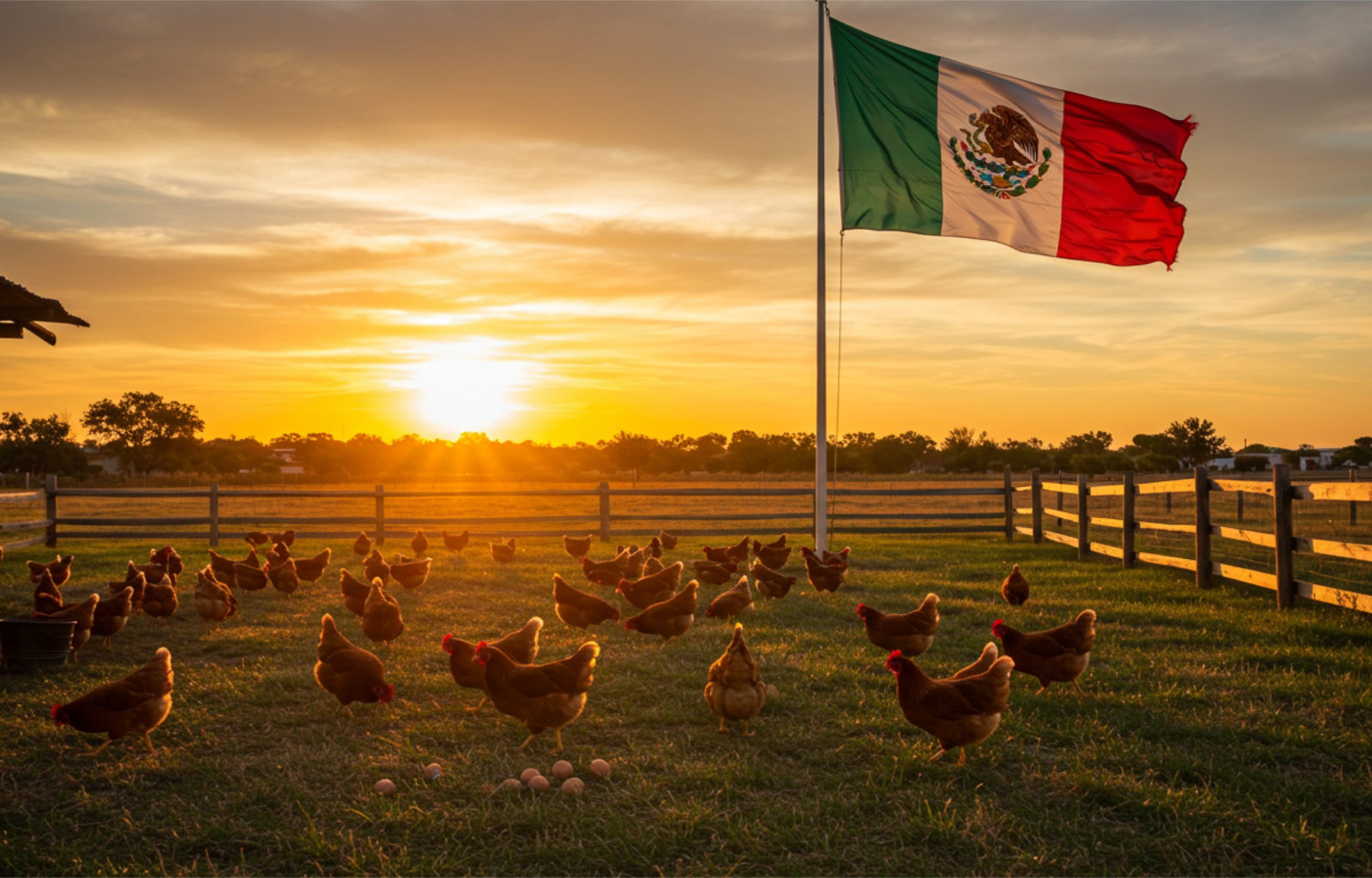The Portuguese Factor: rethinking Europe’s global future from the edge of the Atlantic
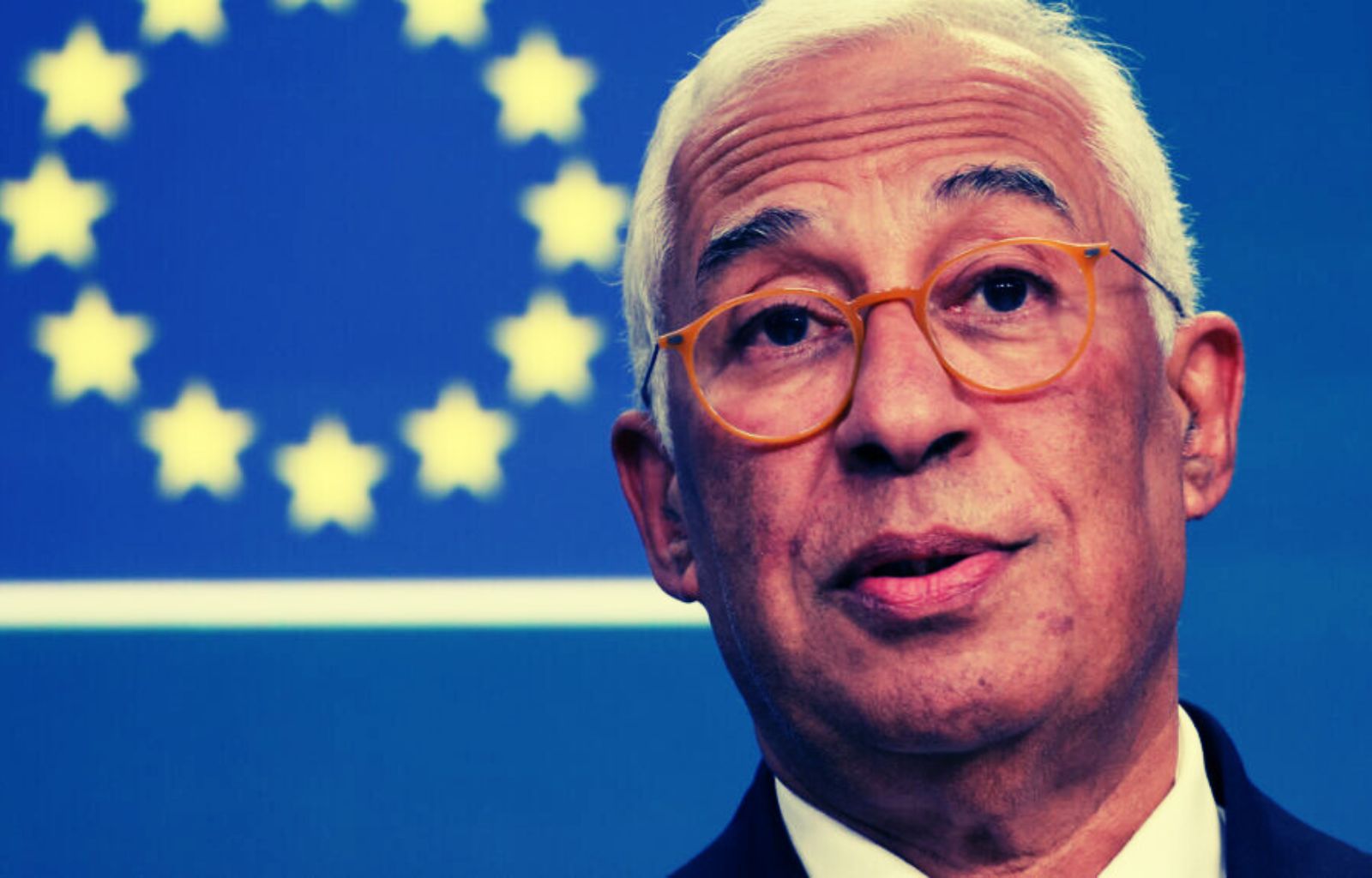
In the wake of the United States President’s decision to impose universal tariffs – even in the land of even in the land of penguins – the president of the Atlantikbrücke in Germany (literally, “Atlantic bridge”), the most influential institutional embodiment of transatlantic friendship since the post‑war era, issued a heartfelt appeal to the incoming German government. Not a brash idealist, but a seasoned former Foreign Minister, he urged Berlin to extend a hand to Canada as a potential new member of the European Union.
Almost simultaneously in Austria, the Minister of the Economy – former Director General of the local equivalent of the Confederation of Industries – publicly supported the EU‑Mercosur free‑trade agreement. A position that, despite years of fierce parliamentary opposition, now risks clashing head‑on with his fellow conservative party member, the Minister of Agriculture, who remains staunchly opposed to importing agricultural goods from Latin America.
And in Italy? To safeguard the second‑largest EU exporter to the United States, the Minister of Economy and Finance advised the industry to adopt a vaguely defined wait‑and‑see approach. Meanwhile, on the eve of a crucial European Parliament vote to respond to the wave of tariffs imposed by Washington, the Prime Minister hinted at Italy’s intention to position itself as a bridge between the United States and Europe – as if to justify the need for direct bilateral dialogue between Italy, a founding EU member, and the U.S. at a time when the Union should ideally be presenting a united front.
From this sudden cacophony among three countries that were, until recently, largely aligned in foreign policy, a worrying picture emerges: how can Europe react with strength and unity to the devastating blow dealt by Washington on April 2, 2025? It is clear to all that letting each member state improvise its own score will hardly impress the man who today appears to be firmly in command – the architect of the most dramatic collapse in global markets since Black Monday in 1987.
Yet perhaps it’s reassuring to remember that in its darkest moments, the Union has often turned crises into opportunities, emerging stronger and repeatedly surprising the world. Consider the financial crisis of 2008, the euro crisis of 2011, the migration crisis beginning in 2015, Brexit, the pandemic, and finally the war between Russia and Ukraine.
This time, however, with a kind of “Brexit of the United States” – a departure from the values that once underpinned the system of liberal Western democracies committed to global free trade – the context is radically different. It may now be time to revisit the history books on Europe’s evolution over the centuries to gain perspective.

When Europe spoke to the East in Portuguese
In the 15th and 16th centuries, well before other European empires, the Portuguese had already established stable routes to India, China, Japan, and sub‑Saharan Africa. Macau, a Portuguese colony until 1999, was for centuries the bridge between Europe and Asia – a Silk Road avant la lettre. This capacity to dialogue between civilizations, maintaining a delicate balance between trade and diplomacy, is embedded in Portugal’s historical DNA. It’s no exaggeration to say that from Portugal, Rio de Janeiro and São Paulo – like Luanda and Macau – seem culturally closer than Berlin, Vienna, Rome, or Paris.
And today, that diplomatic legacy may find political rebirth – precisely at a time when Europe needs leaders capable of speaking with Beijing or New Delhi not from a position of subordination, but as peers aware of a shared history.
If, entirely unexpectedly, one of the highest European offices – the Presidency of the European Council – is now held by a Portuguese citizen with roots roots beyond Europe, perhaps this marks a turning point in transforming our current crisis into opportunity.
A European born in India
At the center of this possibility stands a symbolic figure, a living emblem of global complexity: António Costa, the former Portuguese Prime Minister for eight years, a man of Indo‑Mozambican origins, born in Goa – a former Portuguese colony in India – the son of an intellectual, raised in post‑Salazar democratic Portugal, and educated to navigate between worlds. In short, a true citizen of the world, suspended between East and West, North and South, to whom the Indian Prime Minister – sealing the long friendship between Portugal and India – granted a lifetime residence and work permit.
Beyond the symbolism of his position, it is this unique biography, combined with his institutional role, that could serve as the guiding force currently lacking in Europe: with historical vision, transnational sensitivity, and, yes, imperial memory – not as nostalgic fantasy, but as political capital to be interpreted and applied to today’s challenges.
A Portuguese compass for Europe
Moreover, Portugal itself – geographically the closest EU country to both the United States and Latin America – can play a crucial role. Through its language and international networks with Brazil, the African Lusophone countries (PALOP), East Timor, and Macau – relationships carefully nurtured by Costa throughout his long tenure – Portugal can act as a hinge between Europe and the Indo‑Pacific, reinforcing rather than weakening the Franco‑German ambition increasingly challenged by domestic instability.
Having a Portuguese leader at the helm of the European Council in 2025 is therefore much more than geographic rotation. It is a concrete opportunity to relaunch a European foreign policy that is autonomous, multipolar, and culturally fluent – a policy that doesn’t shy away from the world’s complexities, but embraces them with historical intelligence.
The current President of the European Council, perhaps before many of his 27 peers, understood that Europe could no longer entrust its destiny to a robust yet ultimately fragile “Atlantic Bridge” – particularly since, as he once admitted in an interview, he was deeply shaken to hear a speech at Davos by the Chinese President which, just a few years earlier, could have been delivered by an American president – and vice versa.
Like Portugal half a millennium ago, António Costa, regardless of his Indian roots, as Prime Minister devoted significant effort to fostering ties with China – not from a position of inferiority, but as a capable and confident strategic actor. It seems that Costa managed to open the country to massive Chinese investments in the aftermath of the 2013 financial crisis – a crisis that also saw the intervention of a much‑resented Brussels “troika” – and, more importantly, he succeeded in demanding from China the respect of the European “level playing field” in economic and social terms, even as it became Portugal’s fourth‑largest source of foreign direct investment.
What better moment than now for the EU to be led by a seasoned statesman – a global citizen skilled in deal‑making with Beijing, the very art most valued by the current U.S. President? Especially given the irrational hostility that America’s top client displays toward China, it’s in everyone’s interest to strengthen ties with the EU – its second‑largest trading partner. The EU needs a skilled bridge‑builder, one steeped in diplomatic tradition from a time when his own country wielded global power comparable to, or even greater than, today’s EU.
Like it or not, in an age squeezed between unpredictable American and Russian presidents, the European Union – as the world’s economic powerhouse – stands to gain from deepening relations with countries that just a few years ago were labeled “emerging powers” and are now full protagonists of the world to come: India and especially China. After all, what better guarantee against Russian expansionist ambitions than a China that would not want to see its second‑largest trading partner weakened?
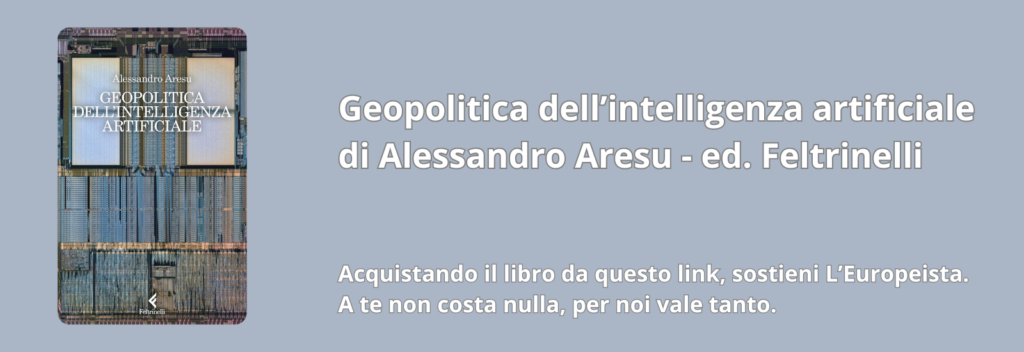
In an Era of walls, tariffs, and distrust, Europe needs bridges and bridge‑builders
A European born in India, the child of Lusophone history and global culture, may today redefine Europe’s place in the world. Who better than him to join forces with the President of the European Commission and the High Representative to give true depth and direction to the transatlantic bridge once envisioned by the German Atlantikbrücke – a vision that, while noble, is no longer sufficient?
It becomes clear, then, that emphasizing the Portuguese factor is not some folkloric exercise. On the contrary, it is a historic opportunity to rethink Europe’s posture – less defensive, more proactive. And finally – perhaps – strategic. With all due respect for Italy and the vision of its Head of Government, rather than implausibly aspiring to act as a Euro‑Atlantic bridge‑builder, our country would do better to focus on the role most fittingly assigned to it by geography: that of a Euro‑Mediterranean mediator. Italy should strive to cultivate strong relationships — also for the benefit of the European Union — with the countries towards which Sicily is naturally oriented. Even merely succeeding in this enormously complex endeavour would be a remarkable achievement, one of which the entire European Union — and Italy in particular — could be justly proud.

